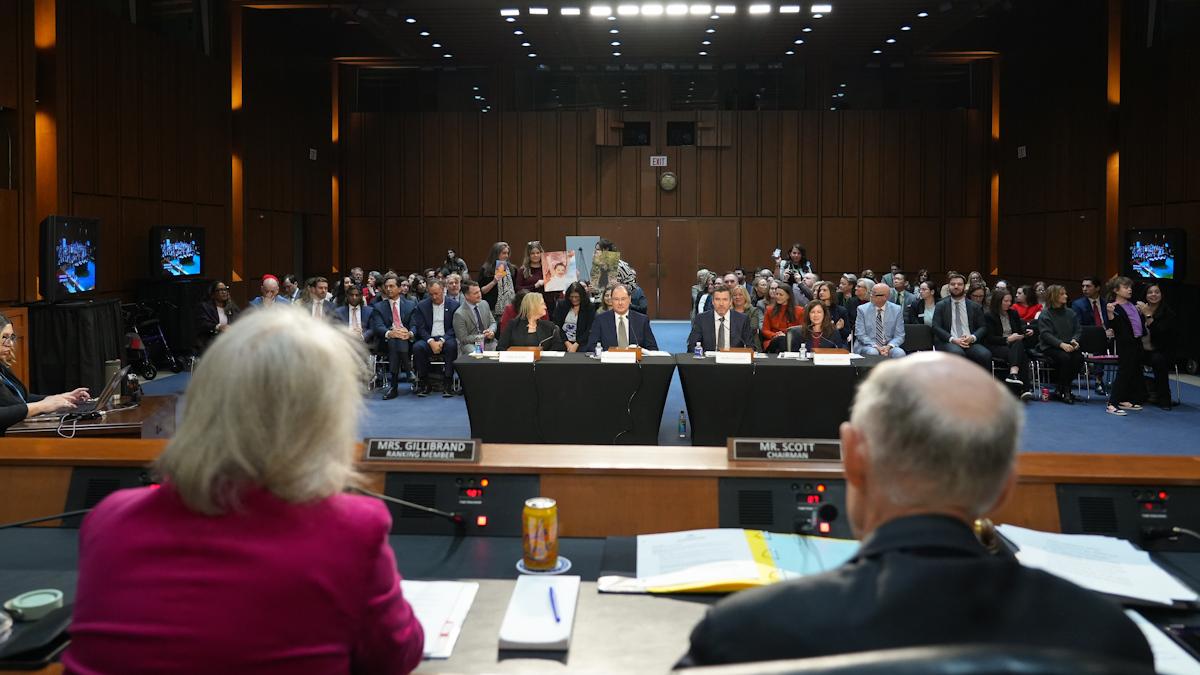Industry alarm as FDA's CBER head Peter Marks resigns

Dr Peter Marks, who has been director of the FDA's Centre for Biologics Evaluation and Research (CBER) since 2016.
The abrupt departure of Peter Marks as the director of the FDA's Centre for Biologics Evaluation and Research (CBER), citing irreconcilable differences with new Health and Human Services Secretary Robert F Kennedy Jr, has sent a shockwave through the pharma industry.
Dr Marks formally resigned from his post on 28th March and is due to step down on 5th April, and his resignation letter addressed to acting FDA Commissioner Sara Brenner leaves no doubt as to the reason – the undermining of confidence in vaccines under the leadership of Kennedy and President Donald Trump.
An Associated Press report claims that Marks was told he had to resign or would be fired.
"Efforts currently being advanced by some on the adverse health effects of vaccination are concerning," wrote Marks in the letter.
Recent moves to dent confidence in vaccines under Kennedy are "irresponsible, detrimental to public health, and a clear danger to our nation's health, safety, and security," he claims, adding: "It has become clear that truth and transparency are not desired by the Secretary, but rather he wishes subservient confirmation of his misinformation and lies."
Marks' departure comes shortly after it was reported that Kennedy had appointed a well-documented vaccine sceptic without medical qualifications – David Geier – to re-investigate the thoroughly debunked claim that vaccines can cause autism.
Marks was credited with helping to bring about the Operation Warp Speed project that accelerated the rollout of vaccines during the COVID-19 pandemic, under Trump's first administration, undoubtedly saving many lives, and has been at the FDA since 2012, leading the CBER – which has responsibility for regulating vaccines – since 2016.
The Biotechnology Industry Organization (BIO) issued a statement shortly after the news emerged hailing Marks' "extraordinary leadership" during a period where transformative therapies like cell and gene therapies CGT) reached the US market, and warned: "We are deeply concerned that the loss of experienced leadership at the FDA will erode scientific standards and broadly impact the development of new, transformative therapies to fight diseases for the American people."
That sentiment was echoed by the Alliance for Regenerative Medicine (ARM), an industry body for the CGT industry, which pointed to Marks' "many significant contributions to the field over the years."
It has called on the Trump administration to "build on recent reform and modernisation efforts and enable a culture that attracts, retains, and develops top scientific talent."
Former FDA Commissioner Robert Califf – who will soon be replaced by Trump's pick Martin Makary – said what is conveyed in Marks' resignation letter "should be frightening to anyone committed to the importance of evidence to guide policies and patient decisions."
Meanwhile, Republican Senator Bill Cassidy – a qualified medical doctor who had polio as a child and is a staunch advocate of immunisation – said Marks' resignation was a "loss to the FDA" and called on the leadership at HHS and the FDA to "replace him with someone of similar stature and credibility among the scientific community, who will lead without bias."












